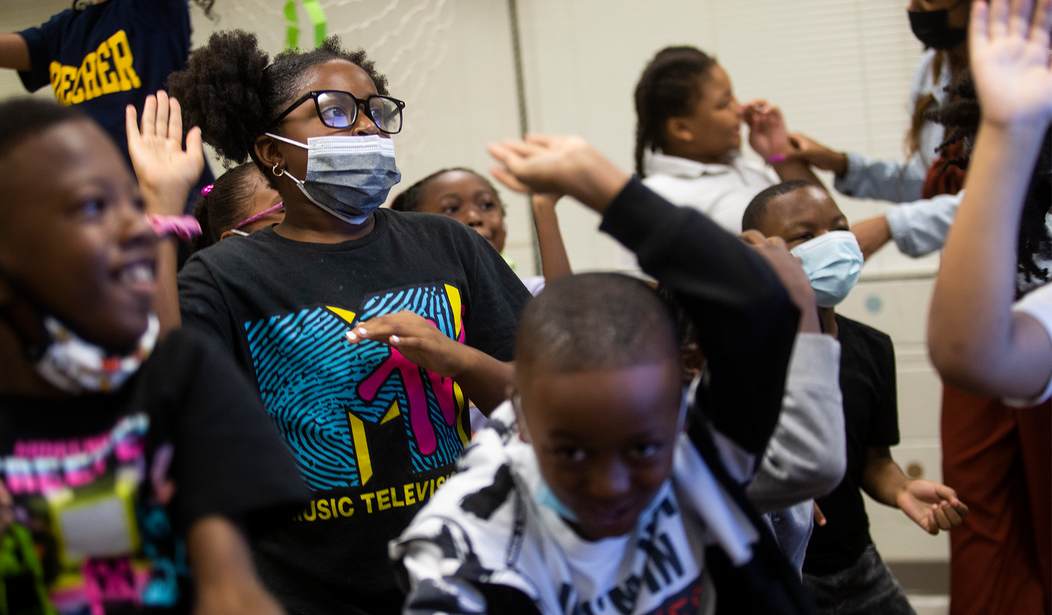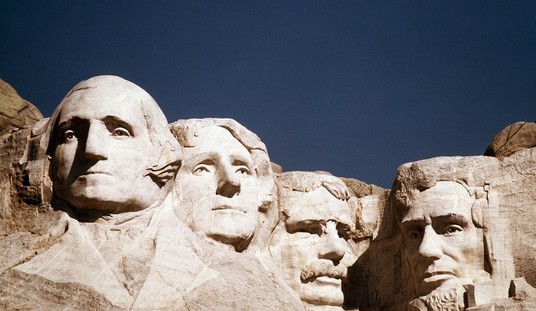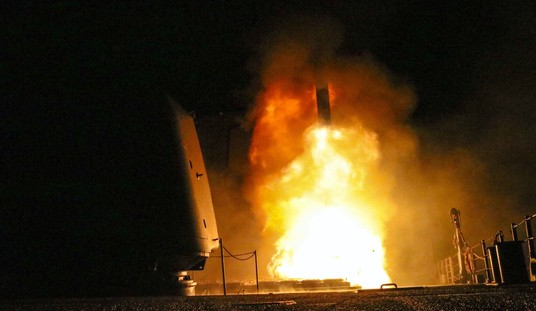If there is one area dividing Americans today, it is education. Ever since the backlash that ensued after parents found out what schools were teaching their children, it has become a hotly debated issue. People showed up at school board meetings to protest the far-left material being presented to young students in K-12 classrooms.
Many ran for office, flipping school boards from blue to red, and have already taken action to bring schools back to teaching academic subjects rather than indoctrinating kids into progressive ideology. States passed laws intended to prevent teachers from influencing young minds with leftist ideas on race, sexuality, and gender identity.
On both sides of the political divide, influencers and politicians are arguing vociferously for their positions and hurling accusations at the other side. On the right, folks allege that progressives seek to hone in with a laser beam focus on the negative aspects of American history while ignoring the positive in an attempt to undermine America’s greatness. They contend these individuals seek to convince students to believe the country is irredeemably racist to its core as a way of influencing them to accept progressive ideology as they become adults.
Conversely, leftists claim conservatives are merely trying to whitewash history to downplay the nation’s sins – especially those related to race. They say right-wingers seek to promote deceptive narratives about race in America to cover up for the problematic aspects of its history. Progressives claim conservatives are trying to accomplish this by engaging in “book banning” to censor issues like slavery, Jim Crow, and other atrocities committed in America.
But on the ground, things appear to be much different, with most agreeing that all aspects of American history should be taught: The good, the bad, and the ugly. A brand new study showed that this is precisely what the majority of Americans want to see taught in the classroom. But it also revealed that people on both sides of the fence deeply misunderstand those whose politics differ from their own.
More in Common, a social and civic research nonprofit, released the findings of a report showing that most Americans have a misperception of how people with opposing political beliefs view the debate over the teaching of U.S. history. Dan Vallone, the director of the organization, noted that researchers found that “one of the drivers of distrust is the misperceptions all Americans hold in terms of how they think others want to teach history,” according to The Washington Times.
“It’s likely that if Americans were aware of how much common ground there is about how to teach history, which our report shows clearly exists, they would have higher trust levels in general,” he added.
More in Common conducted three surveys with 5,500 respondents between May 12 and September 1. The report, which is titled “Defusing the History Wars,” involved “in-depth interviews with nine respondents and an online focus group.”
The study revealed that 30% of Democrats believed that Republicans want children taught about America’s history and the group histories of black, Latino, and Native Americans. The reality was that 72% of Republicans agreed with this sentiment.
Researchers found that 45% of Republicans believed Democrats wanted students to learn about the Declaration of Independence and the Constitution and their roles in promoting freedom and equality. The truth is that 92% of Democrats believed students should learn about America’s founding documents.
When it comes to racial matters, the study revealed similar findings. About 43% of Republicans believed Democrats felt that students “should not be made to feel guilty or personally responsible for the errors of prior generations.” In reality, 83% of Democrats shared that belief.
On the other hand, 38% of Democratic respondents said they believed Republicans felt civil rights icons like Martin Luther King Jr. and Rosa Parks “should be taught as examples of Americans who fought for equality.” The reality is that 93% of Republicans held this view.
The study also found that 71% of respondents believe America is “divided on the topic of U.S. history,” and about half indicated they mistrust elected officials when it comes to being politically neutral in the matter.
What is interesting about this report is that those expressing sharp disagreements about how schools should teach history represented a small percentage of respondents. About 8% of these identified as “progressive activists,” while 6% identified as “devoted conservatives.”
These results, if accurate, are a far cry from what it seems when one watches the ongoing debates on the airwaves and interwebs. Jonathan Zimmerman, professor of history of education at the University of Pennsylvania, noted that “if you read the headlines, you might imagine that Americans are at war over history instruction.”
But the reality appears to be something different, which might not be a surprise when participating with friends, family, and neighborhoods on issues such as these. Nobody wants an extreme approach to these matters on either side, but unfortunately, fringe elements, along with members of the chattering class, make it appear as if the opposite side engenders the extreme views of a few. It is a challenging obstacle to overcome, given that these individuals are the ones given the microphone and platform. Will it ever be possible for everyday Americans to break through the noise and reach a level of understanding?













